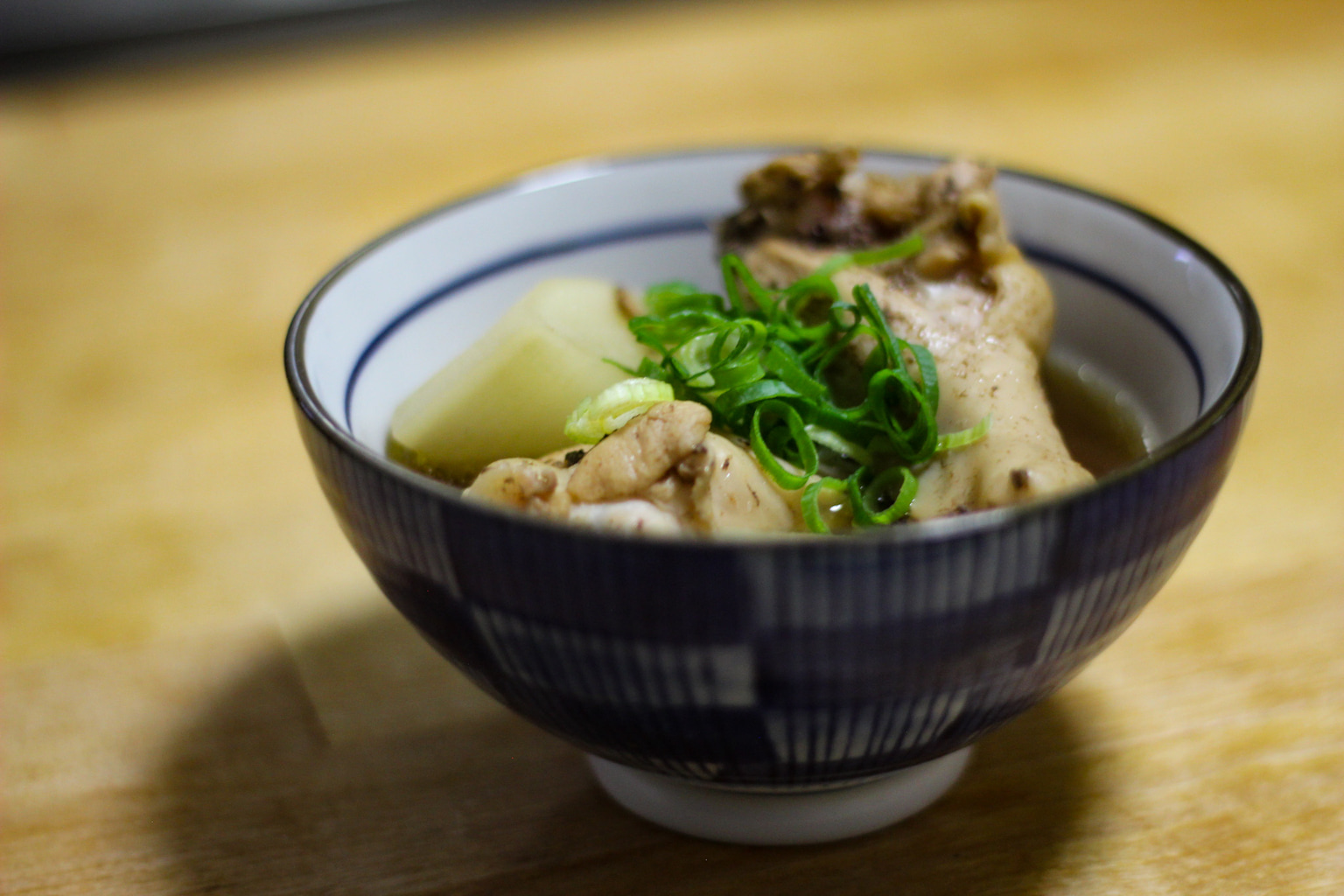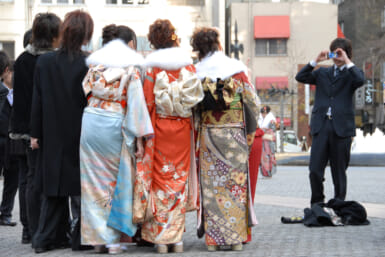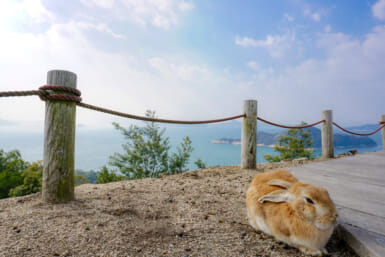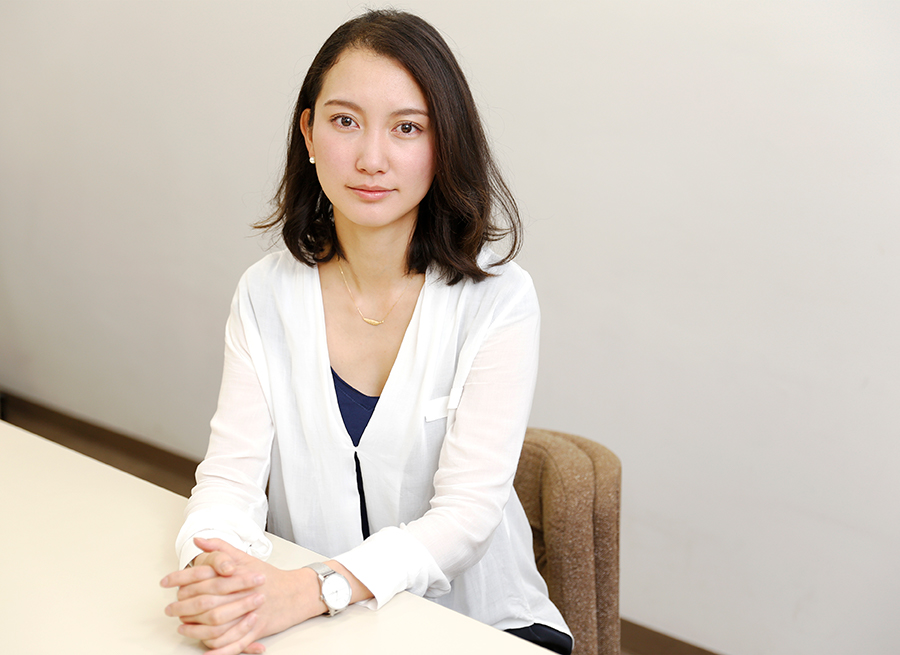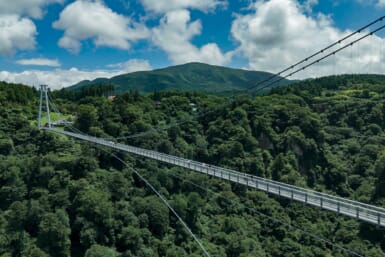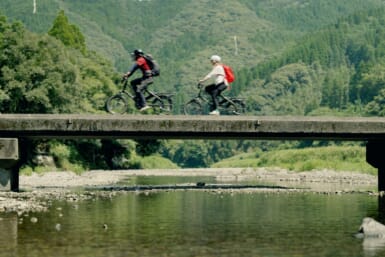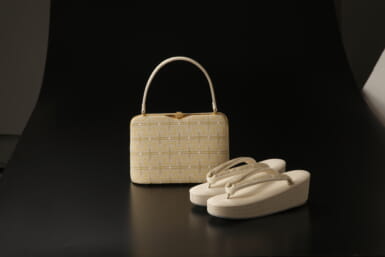Things are looking up — for now. Covid-19 is not history, but Tokyo is working hard to give its citizens a vague sense of normalcy. Restaurants, museums and events are back on the table but under strict conditions. As long as we take necessary precautions, we can start re-incorporating habits from a time before the pandemic. We are, after all, in this for the long-haul, together.
1. Schedule Time Alone
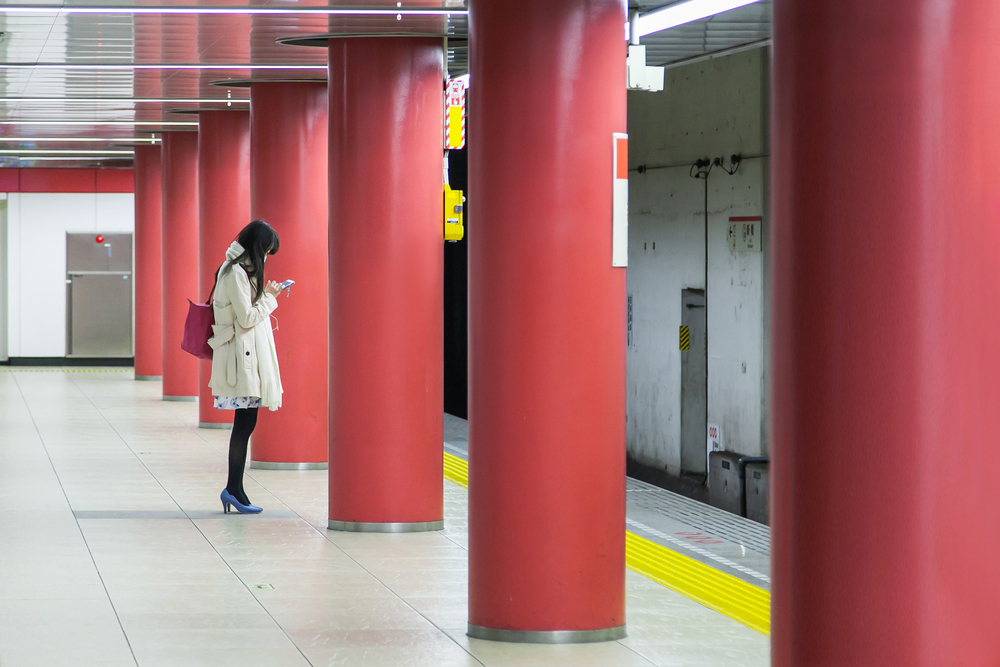
eakkarat rangram / Shutterstock.com
As much as we want to try to make up for lost time by meeting our friends and family as much as our free time allows us, it’s crucial to schedule time alone and restrict our exposure to others.
Social distancing is still of utmost importance. Tokyo’s cases are going up because people are not avoiding crowds in closed spaces outside of their work or personal responsibilities. To the risk of sounding like a broken record: Keep your and others’ safety in mind. If you can, catch up with your friends in at outdoor open space, still keeping a 2-meter space between each other. Head to a park for an afternoon picnic or go for a morning hike. Make it a rare occasion and still stay home more often than not.
2. Check Up on Your Favorite Tokyo Restaurants
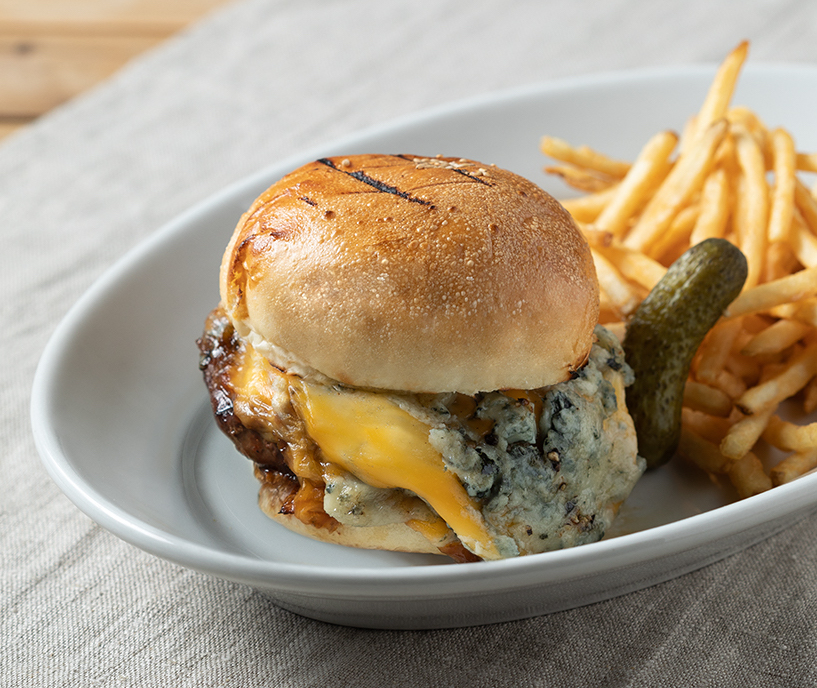
The restaurant industry was hit hard. Some managed to survive by embracing takeout, but many had to permanently close their doors. While you’re in the city, either on an errand run or commuting to work, check up on your favorite places. If you can, place an order to go. If you feel the establishment is taking good measures against Covid-19 (spacing customers and limiting contact with staff), then take a seat.
The current economy can’t wait for the pandemic to disappear. (Tokyo is looking at at least another few months – minimum.) We have to learn to live with the risks for the foreseeable future. This also means finding a way to still enjoy our favorite meals and supporting Tokyo’s amazing culinary scene.
3. But Keep Cooking at Home
Yes, check up on your favorite places, but limit yourself to one or two outings per week, if not less, at the risk of exposing yourself too often or splurging too much on dining.
One of the benefits of working from home that it saves you an incredible about of money. Many have found a new love for baking and others are learning to cook with Japanese seasonal ingredients like shiso while they have the extra time to spend in the kitchen. Yes, check on your favorite restaurants but still keep out of Shibuya or Shinjuku after hours. This doesn’t mean you can’t cook delicious izakaya-inspired food at home, though!
4. Catch Up on Emergency Preparedness
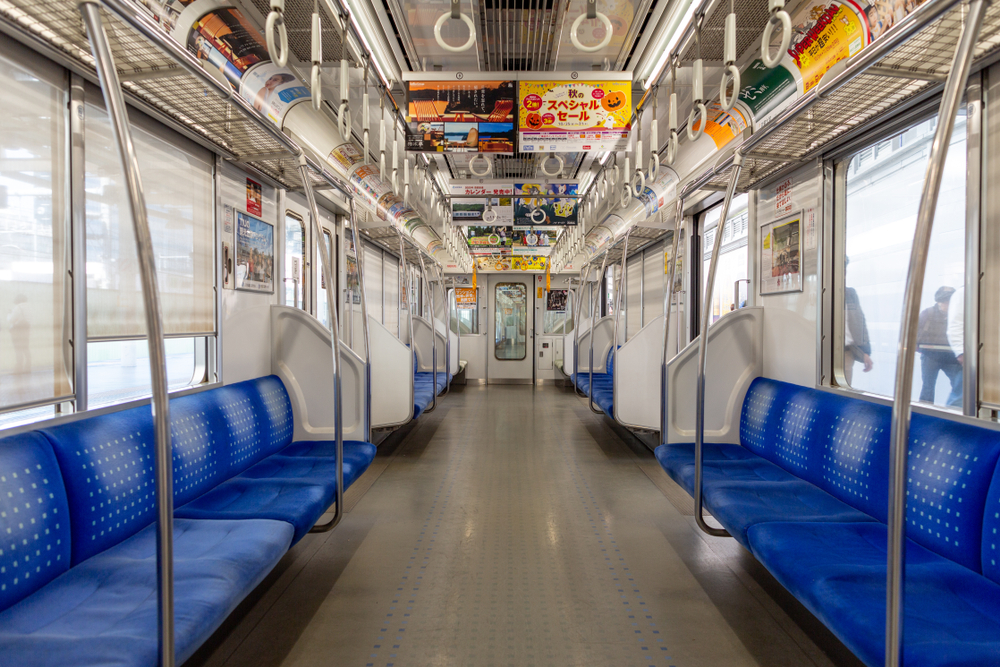
photosounds / Shutterstock.com
If there’s anything the coronavirus pandemic has taught it is that you can never be too prepared. Japan is already prone to natural disasters including earthquakes and typhoons. Live in the country long enough and you’ll pick up a few tips on how you can prepare for the worse of the two.
It’s a little more difficult to prepare for a pandemic, and while you might’ve felt like it hit suddenly, now is the time to see what you can take away from the experience. The second wave of Covid-19 is inevitable, and to avoid all the frustrations from the first, we should stock up on what we know will need should we spend another two months indoors, let it be pantry staples or at-home gym equipment. If another SOE is announced, be prepared for the supply chain to be affected.
For a full list of useful emergency contacts in Tokyo during the pandemic, check out this article.
5. Travel Domestically (But Safely)
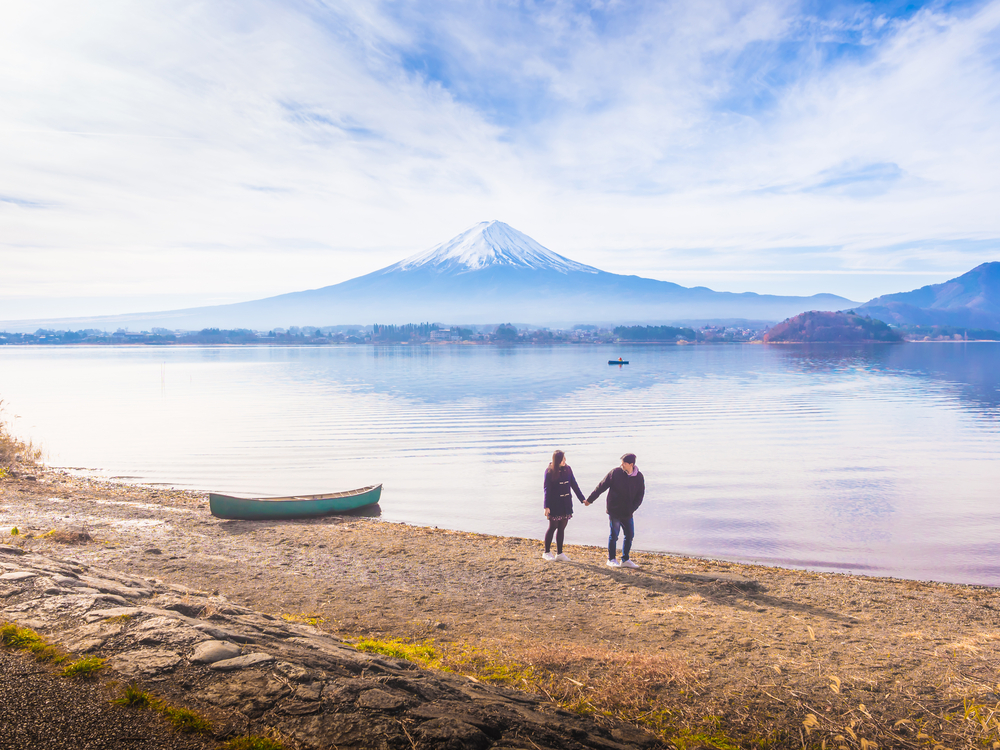
tickcharoen04 / Shutterstock.com
All of this time at home has forced us to really reconsider travel. While international travel is not possible, the Japanese government is trying its best to reestablish domestic tourism. In 2019, roughly 85% of tourism activity in Japan was domestic, according to this report by the Ministry of Land, Infrastructure, Transport and Tourism. Pushing inter-prefectural travel could be one of the ways the country will bounce back quickly.
While cases are still relatively low, there are a few ways to travel domestically without too much risk. Yes, these are limited but if you’ve got a travel itch to scratch, best do it with caution. Firstly, avoid airplanes, crowded trains (this includes the shinkansen) and highway buses. Granted, this doesn’t leave you with many choices but to rent a car or a campervan. The silver lining is that summer is the best time for a road trip, and if you can manage long drives with one or two friends or family members, then this could be the perfect summer holiday during these difficult times.
The Covid-19 pandemic in Japan is a long way from being gone.

